Description
The sixth volume in the Irish County History Series.
This is the most comprehensive interdisciplinary study ever undertaken on Ireland’s biggest county. Archaeologists, medievalists, Celtic scholars, geographers, folklorists and historians combine to provide an attractive account of a key region.
Features
Twenty-five original essays by distinguished scholars place Cork in its local, national and European contexts. The nature of county Cork’s society throughout recorded history is the central theme of this stimulating book. The interaction between natives and newcomers as revealed in rural and urban settlements is another primary focus.
Editors
Patrick O’Flanagan is Associate Professor of Geography in University College Cork.
Cornelius G. Buttimer is Lecturer in Irish in University College Cork.
Readership
All interested in getting to know Ireland through its regions. Cork people at home and abroad. Suitable for both the academic and general reader.
Format/Extent
228 x 152 mm, 1000 pp, 105 illustrations
Contents
- Cork: Anatomy and Essence (John A. Murphy)
- The Topographical Development of Scandinavian and Anglo-Norman Cork
- ‘To be named is to exist’; The instructive case of Achadh Bolg (Aghabulloge)
- Corcu Loígde: Land & Families
- Politics, Economy and Society: The Development of Cork and the Irish South-Coast Region c. 1170 to c. 1583
- The Development of Lordship in County Cork, 1300 – 1600
- Gaelic Land Tenure in County Cork: Uíbh Laoghaire in the seventeenth century
- The 1641 Depositions as a source for the writing of social history: County Cork as a case study
- The Political, Material and Mental Culture of the Cork settlers, c. 1650-1700
- Butter comes to market: The origins of commercial dairying in County Cork
- Three hundred years of urban life: Villages and towns in County Cork c. 1600-1901
- The making of a Cork Jacobite
- An Irish scholar abroad: Bishop John O’Brien of Cloyne and the Macpherson controversy
- The Blackwater Catholics and County Cork Society and Politics in the eighteenth century
- Gaelic Literature and contemporary life in Cork, 1700-1840
- Social, economic and landscape transformations in County Cork from the mid-eighteenth to the mid-nineteenth century
- Population, politics and society in Cork, 1780-1900
- Work and workers in Cork City and County 1800-1900
- Keeping faith: An evocation of the Cork Protestant character, 1820-1920
- Place and class in Cork
- Art institutions in nineteenth-century Cork
- Famine, mortality and emigration: A profile of six parishes in the poor law union of Skibbereen, 1846-7
- County Cork folklore and its collection
- The evolution and influence of town planning in Cork
- Class, community and the Irish Republican Army in Cork, 1917-1923

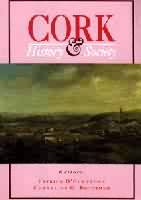
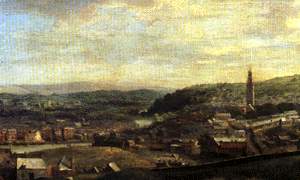
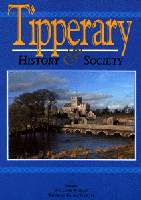
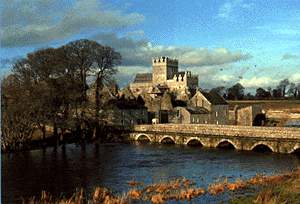
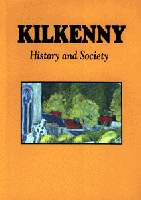
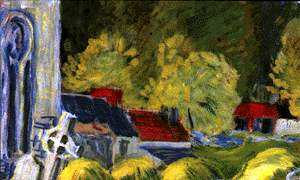
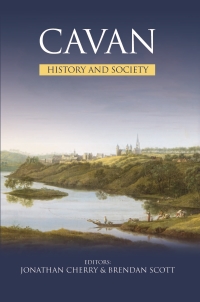
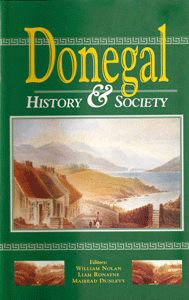
There are no reviews yet.